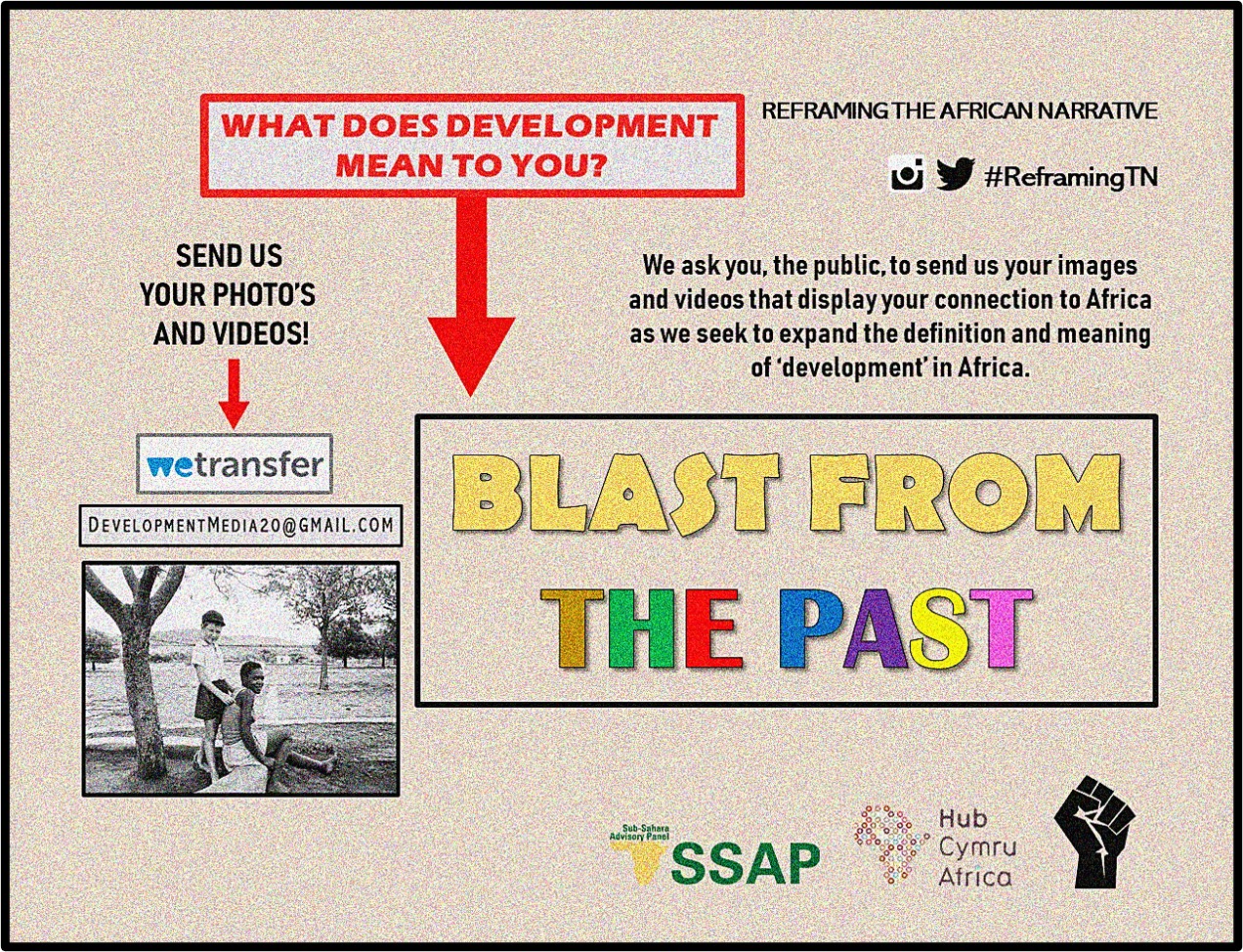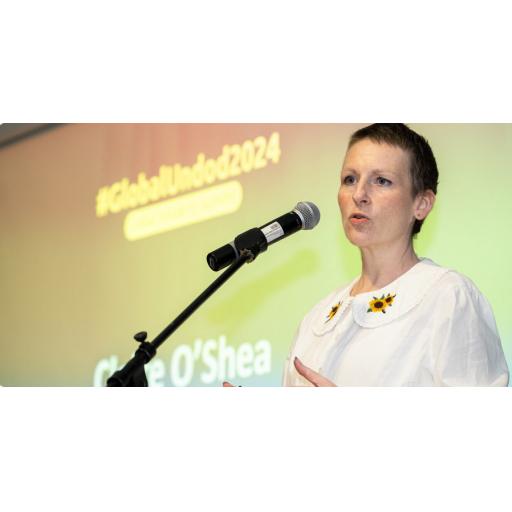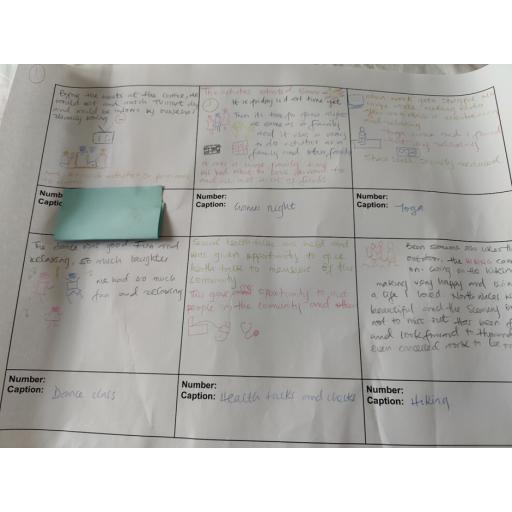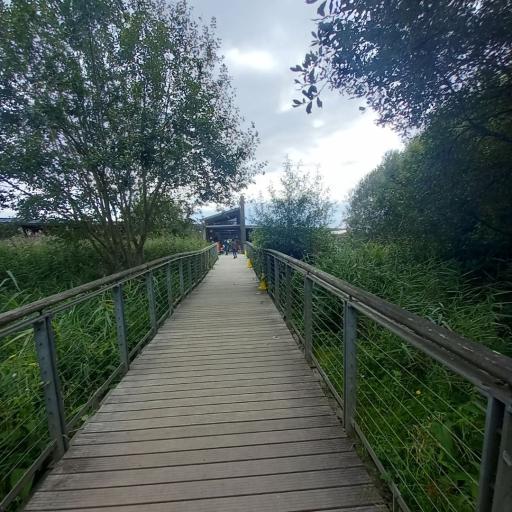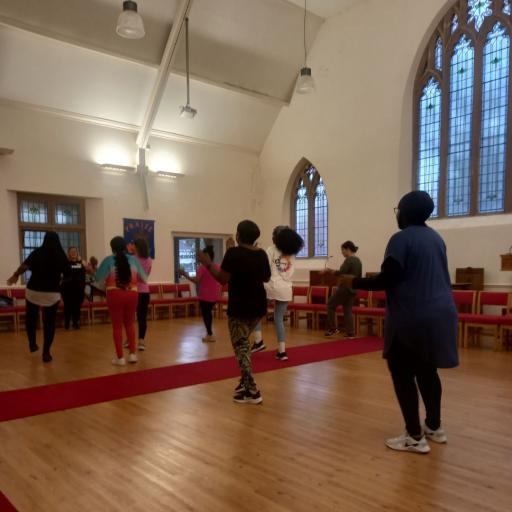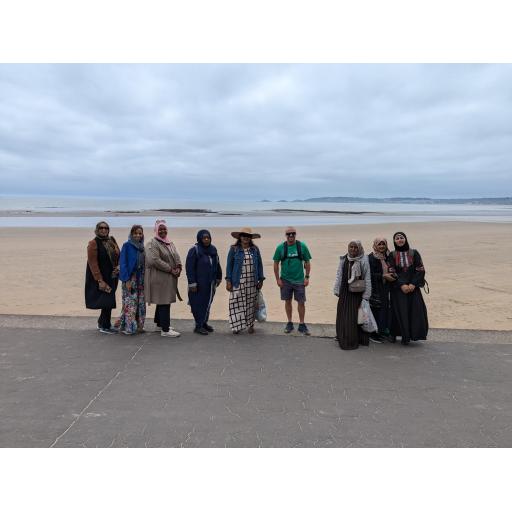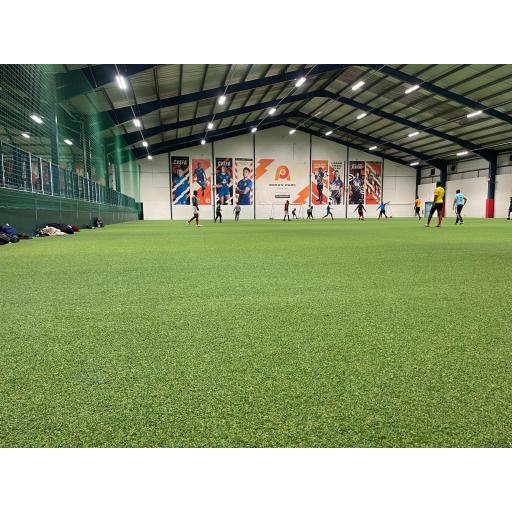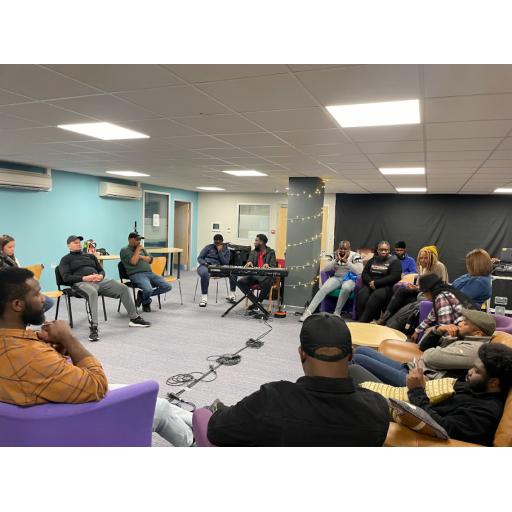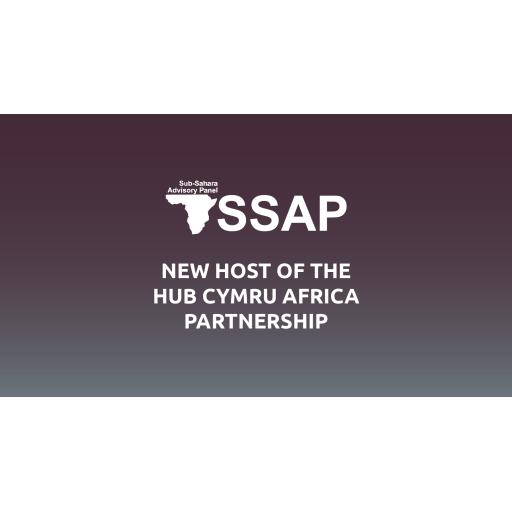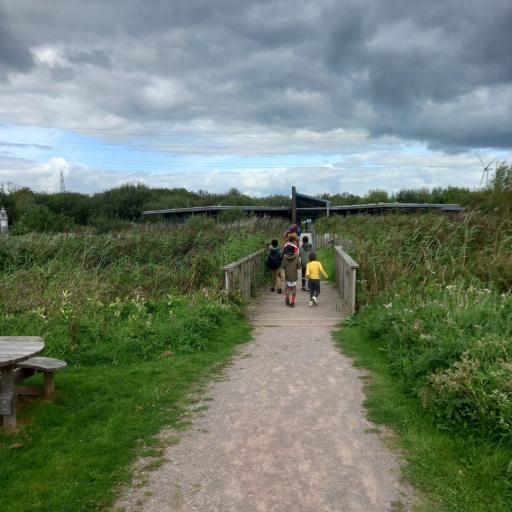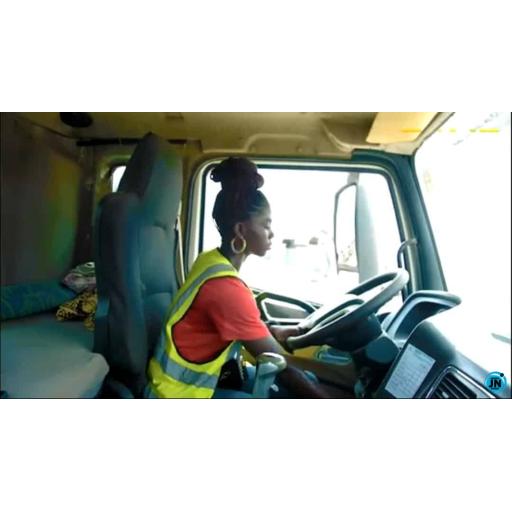Renowned Kenyan author, Binyavanga Wainaina wrote an essay titled ‘How to write about Africa’ where he uses clichés and stereotypes you get to hear about the African continent. He starts with
“Always use the word ‘Africa’ or ‘Darkness’ or ‘Safari’ in your title. Subtitles may include the words ‘Zanzibar’, ‘Masai’, ‘Zulu’, ‘Zambezi’, ‘Congo’, ‘Nile’, ‘Big’, ‘Sky’, ‘Shadow’, ‘Drum’, ‘Sun’ or ‘Bygone’”
Is this the Africa everyone is familiar with?
Is this a fair representation of the continent?
Is it fair to describe the whole continent in these terms?
Who owns or decides to use this narratives?
What do ‘African’ think of this narrative?
How much control does ‘Africans’ have on this narrative?
These are some of the questions we are asking and attempting to address them through this project. It questions the 'frames' being used by charities and Non-Governmental Organisations (NGOs) in their communications. We will address public opinions and perceptions of Africa and Africans. What are the messages they spread when looking for funding and support from the public, how does it affect their audience and what are possible alternative approaches? How can we provide a balanced narrative of the continent? And how can we do this?
We need to talk about the commentary that goes with the photographs/video/audio (for example on social media) and how the images or videos used influences what is captured and how. If we take an example of Nigeria, the perception of Nigeria in the West is that of corruption, rising Islamic extremism, and money scams; but the picture painted is distorted. The reality is that with its GDP of $510 billion, Nigeria is now the largest economy in Africa and the 24th largest in the world. Nigeria clearly faces challenges, many people live in abject poverty, jobless and with increasing challenges but it seems that rather than recognizing the efforts Nigeria and it’s citizen, a number of media outlets have continued to push the old and tired narrative of Nigeria as a nation doomed to fail.
Individuals and charities bring images from the South to the public in Europe through holidays, volunteering, work trips etc. In most cases these images would consist of landscapes, animals and natural beauty found within the continent but also consist of dehumanising ‘pitiful’ images of the African population. The former is mostly brought by individuals whilst the latter tends to come from NGOs. They can also come from both. It is difficult to challenge individuals’ appetite and need for these images but the international development sector possesses responsibility and duty of care to make sure that the sector is complying to ‘do no harm’ approaches. As the sector uses these images for fundraising and communicating about the work they do, what are the ethics of taking and using these images? How do we comply to them? What can we do to provide a balanced narrative? One that is not dehumanising, but is balanced, hopeful and empowers individuals?
How are we going to do this?
Stage 1: ‘What is Development?: Blast from the past.
We will start by collecting pictures, videos, audios or any other communication mediums from individuals and charities in Wales under the theme of ‘What is Development: Blast from the past’. SSAP Youth and volunteers form Hub Cymru Africa will reach out to different networks such as African diaspora in Wales, NGO workers, volunteers, students, teachers and holidaymakers to submit these images along with a short blurb to contextualise it. Images will be about ‘development’ in its broadest sense encompassing personal, organisational or community development. It is therefore personal and subjective.

'With blast from the past', we want to imagine the future by looking at the past and creating conversations around the theme. We therefore encourage people to look through their attics and albums for materials/images collected from any era up to 2010 and submit to developmentmedia20@gmail.com (see flyer above).
The aim of this exercise is to bring to light what ‘development’ means to most people and how that is used and portrayed in the charity sector, especially in relation to international development. We will also host 4 webinars aimed at 'decolonising the development sector'. Check https://www.eventbrite.co.uk/o/sub-sahara-advisory-panel-12919570334 for upcoming webinars.
After collecting these materials, we will host a ‘Dialogue Day’ were these images will be displayed to the general public. This day will allow members of the public and those who submit pictures to view the exhibition and see what others have submitted providing a space to compare, discuss, learn and understand what people think of development and also address the assumption or perception that photos/video depicting poverty stereotypes are more effective in increasing charity incomes.
The day will have breakout workshops covering areas of
• Consent
• Safeguarding
• Practical tools and dissemination within charities in Wales
• How to empower Southern partners
Stage 2: Story Telling Competition.
The day will end by announcing our ‘Story Telling Competition’.
The competition will be under the themes of
- Climate change
- Livelihoods
- Lifelong learning
- Health
- Southern partners
Criteria to be shared with potential photographers / participants include:
-
- Clear understanding on the term “Development”
- Photographer gives permission for image to be used and signs copyright agreement
- Evidence of consent must be provided where appropriate, where there is no evidence of consent, a justification must be given
-----------------------------------------------------------------------------------------------------------------------------------------

